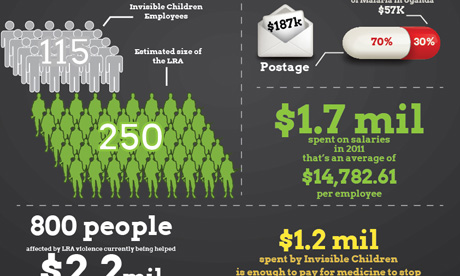 |
| From here. |
The State of the World: A Framework
By George Friedman | February 21, 2012
Editor's Note: This is the first installment of a new series on the national strategies of today's global power and other regional powers. This installment establishes a framework for understating the current state of the world.
The evolution of geopolitics is cyclical. Powers rise, fall and shift. Changes occur in every generation in an unending ballet. However, the period between 1989 and 1991 was unique in that a long cycle of human history spanning hundreds of years ended, and with it a shorter cycle also came to a close. The world is still reverberating from the events of that period.
On Dec. 25, 1991, an epoch ended. On that day the Soviet Union collapsed, and for the first time in almost 500 years no European power was a global power, meaning no European state integrated economic, military and political power on a global scale. What began in 1492 with Europe smashing its way into the world and creating a global imperial system had ended. For five centuries, one European power or another had dominated the world, whether Portugal, Spain, France, England or the Soviet Union. Even the lesser European powers at the time had some degree of global influence.
















